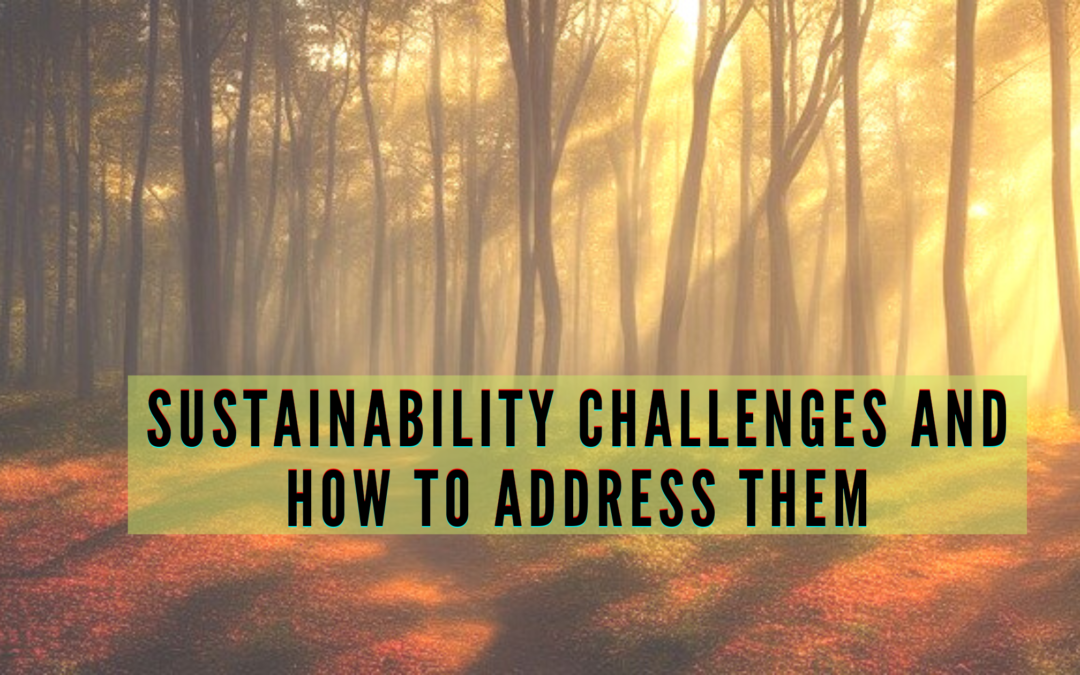It’s very clear that economic, environmental, and social efforts need to be integrated to help effectively mitigate the impact of climate change. The future sustainable development goals need to be viewed with the intention of addressing the rising challenges effectively. Here are some of the sustainability challenges and how to address them.
Ensuring Food and Nutrition Security
It’s vital that every human being in the world get access to nutritious food. However, these continue to be a challenge going to the diverse environmental challenges that continue to affect the food production system. Basic food security is an issue that tends to affect about 1 billion people globally. Due to the low diversity and low quality of food; malnutrition continues to become a huge challenge, especially in developing countries.
Adopting sustainable farming practices that not only improve the environment but ensure a steady supply of food should be encouraged. Food production needs to be increased by about 70 percent globally to help feed the rising global population by the year 2050. The demand for food is anticipated to continue shifting towards sustainable farming methods. The current industrial agricultural practices are the leading source of greenhouse gas emissions and also lead to a range of other challenges such as water pollution, loss of soil fertility, and loss of biodiversity among others.

Approaches to Adopt
The rising temperatures alongside volatile weather patterns that are caused by climate change are already affecting crop yields and overall agricultural production. Engaging in sustainable farming practices will help in improving soil and environmental health which in turn leads to increased productivity in the long term. An integrated approach to food security should take into consideration the use of natural resources while reorienting food production systems.
While working on minimizing the impact of climate change on the environment and increasing efficiency of the natural resources; the focus should be on promoting sustainable approaches that ensure increased food productivity. There should be clear approaches that are aimed at ensuring the protection of soil quality including crop and grazing land management. Measures aimed at the restoration of degraded land should be adopted as a way of mitigating the effects of climate change.
Transformation of Energy System
The burning of fossil fuels for the generation of energy is a huge source of greenhouse gas emissions that leads to rising atmospheric temperatures. For sustainability to be realized, there needs to be a transformation of the energy system so as to improve people’s living standards with equity while attaining environmental sustainability. The explicit energy goals have been designed to help end dependence on the use of biomass as a source of thermal energy. It’s also designed to help improve access to reliable and adequate forms of energy.
The transformation of energy systems should be one of the core elements of sustainable development goals. The latest trends indicate that emissions will likely continue to increase the atmospheric temperature with the potential for catastrophic consequences. Sustainable development pathways tend to share certain common features and the sooner the policies get implemented the less costly it’s likely to be. Policies that are aimed at increasing efficiency with regard to the delivery of energy services can have a huge impact on the environment. Sustainable alternatives such as solar energy should be explored as a way of mitigating the impact of atmospheric warming.
P.S Having an understanding of sustainability challenges helps in facilitating innovative ways on how much can be addressed. Visit our EAT Community to learn more about sustainable development.



